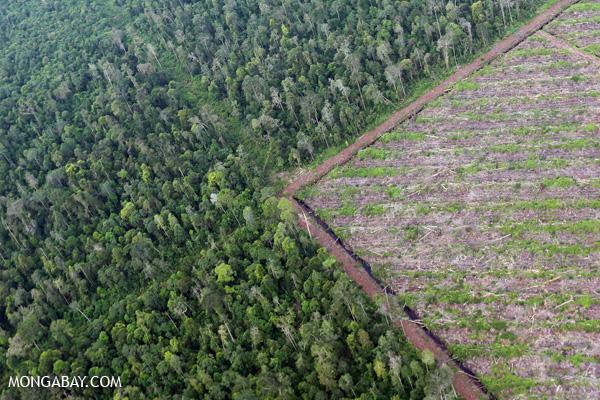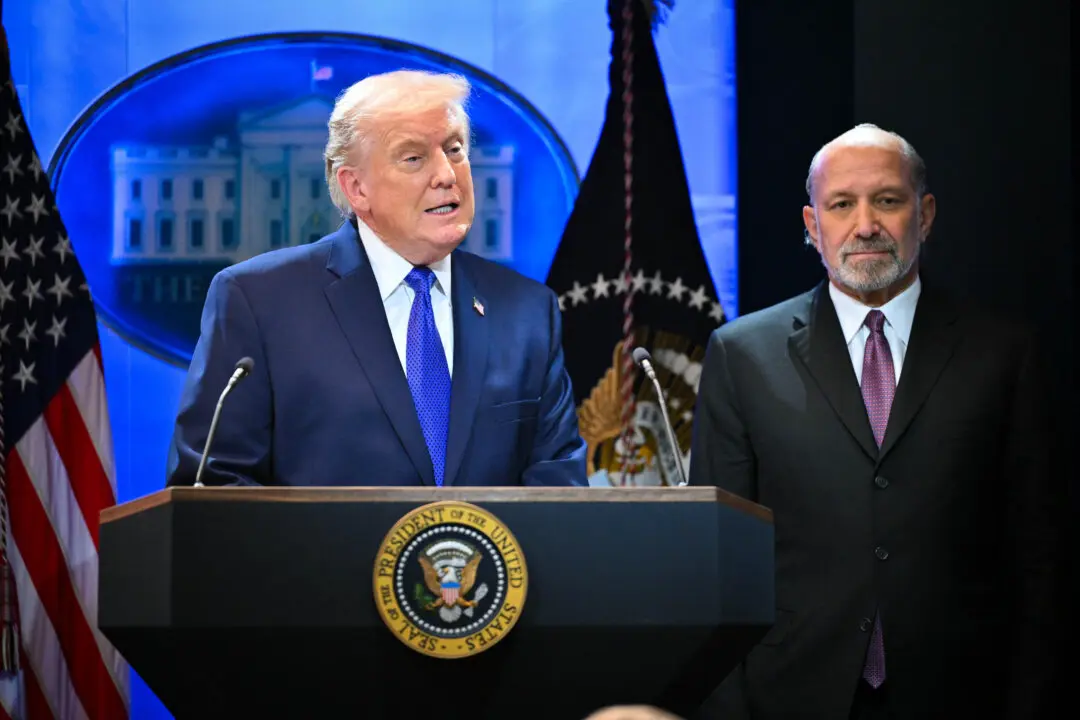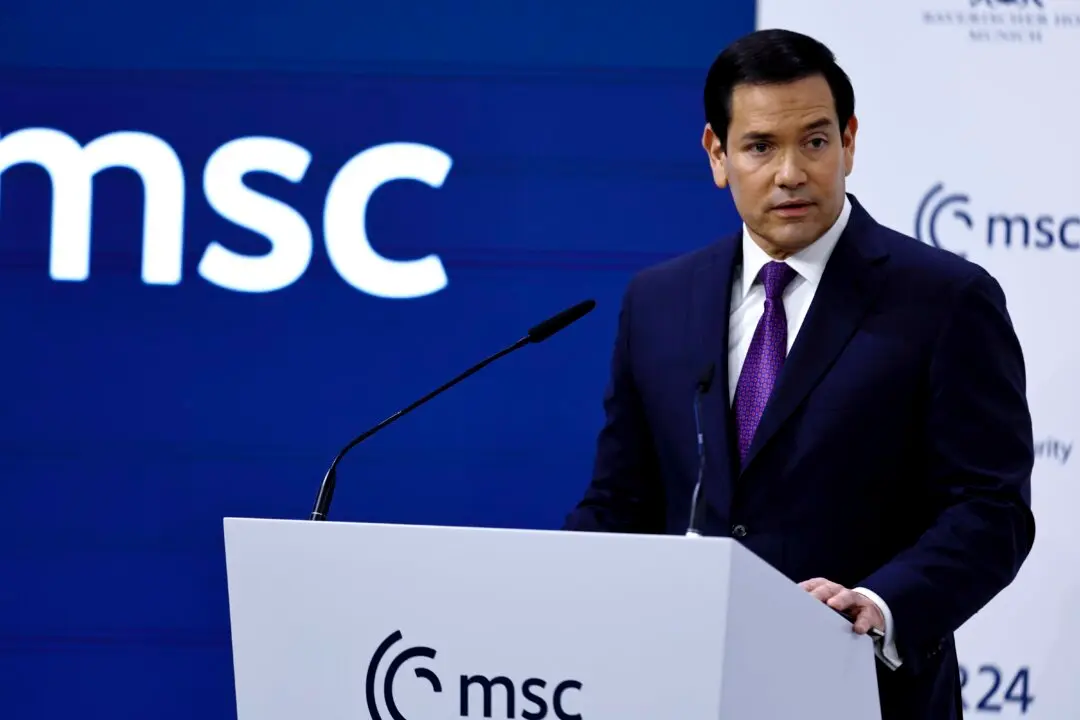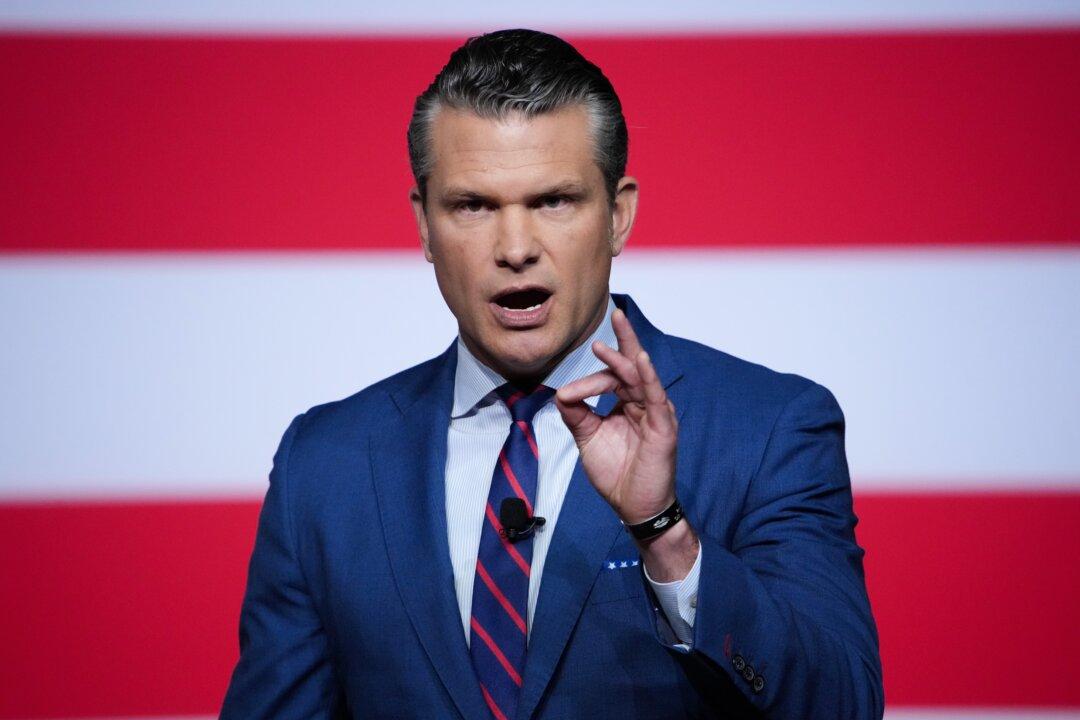With less than two months to go before the U.N. Climate Change Conference in Paris, the first draft of a proposed agreement to globally and uniformly reduce carbon dioxide emissions has been presented. The ad hoc committee presented the document on Oct. 5, but some in the climate change negotiations community are concerned that specific mention of a key deforestation mitigation program was left out.
The program is called REDD, or the Reducing Emissions from Deforestation and Forest Degradation program. REDD (and now REDD+) creates financial value for carbon stored in trees as an incentive for developing countries to reduce emissions. In other words, developing countries would be financially rewarded for decreasing the amount of forest they cut down.
Gustavo Silva-Chávez, program manager of an expenditure tracking initiative for Forest Trends who has attended negotiation sessions since 2002, said in a press release that since this text will kick off climate negotiations in Paris in late November, REDD+ needs to be clearly and specifically mentioned to ensure the program is given due place going forward.
Silva-Chávez said, “The levels of finance needed to pay countries for reducing emissions from deforestation, and a way for countries to meet a portion of their national climate commitments (also known as ‘INDCs’) by using REDD+” should also be discussed.
Deforestation Mitigation
The 20-page document, whittled down from a more than 90-page iteration, is essentially based on two variables: mitigation and adaptation. Mitigation is trying to reduce a particular problem like cutting down trees; adaptation is maintaining resilience despite lingering climate effects that could not be mitigated. It generally repeats the basic understanding of years of discussion on the need for developed party countries to make best efforts to reduce carbon dioxide emissions.
But now developing countries must also create their own plans for emissions reduction. Just how each country is going to go about doing this is not clearly stated in this draft, although references are made to commitments made in prior negotiations for cooperation and transparency in reducing adverse impacts.
The absence of such details has puzzled Silva-Chávez, who said in a telephone interview that as far as he understood, deforestation was always going to be part of the climate agreement negotiations in Paris.
Deforestation is the second leading contributor to carbon emissions after the burning of fossil fuels, according to the Nature Conservancy, a conservation organization committed to land and water. Forests protect soil from erosion, produce oxygen, store carbon dioxide, and help control climate. When trees are cut down, dead stumps and extensive underground root systems release carbon dioxide.





